The Best of The Best: Top 12 Heart-Healthy Foods
By Beth Israel Deaconess Medical Center Correspondent
It's February – have you stuck to your healthy-eating New Year's resolution? Eating healthier food is one of those perennially made-and-broken resolutions, yet one that can significantly boost your well-being. So Heartmail conducted an experiment.
We researched the very heart-healthiest foods and then challenged ourselves to design a festive and delicious feast, using every item on the list. We were out to prove that you can have your dark chocolate and eat it, too.
Our method: we combed the internet to identify both broad categories of heart-healthy foods and specific items. Then we noted the ones that seemed to show up on every authoritative list. Next, we validated the winners with the American Heart Association and Heartmail's nutrition guru, registered dietitian Liz Moore, RD, LDN.
"Our top foods are not only good for your heart, they are also delicious and provide a huge amount of flexibility and variety in your diet," says Moore. "You can stretch the health benefits by creatively combining any number of these in a single meal or recipe."
Here's our list of cardiac superfoods, with the power to transform 2016 mealtimes into healthy, delicious delights.
1. Go Fish!
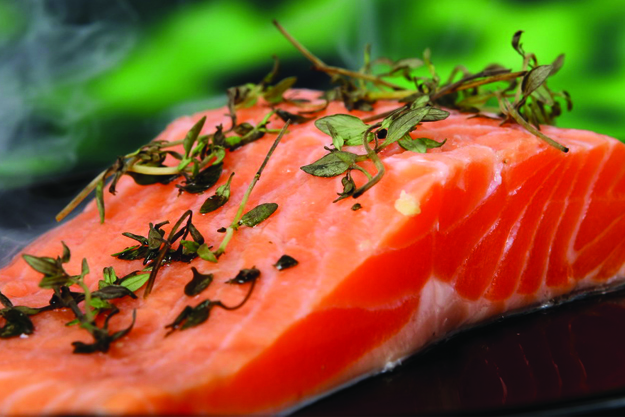
The American Heart Association recommends fatty fish, like salmon, at least twice (two servings) a week. One serving equals 3.5 ounces cooked or about 3/4 cup of flaked fish. Salmon is an excellent source of omega-3 fatty acids, which are well-recognized as being good for the heart. Research has shown that omega-3 fatty acids can decrease triglyceride levels, slow the growth rate of atherosclerotic plaque, which will harden arteries, and decrease the risk of arrhythmias (abnormal heartbeats).
2. The Berry Best Fruits
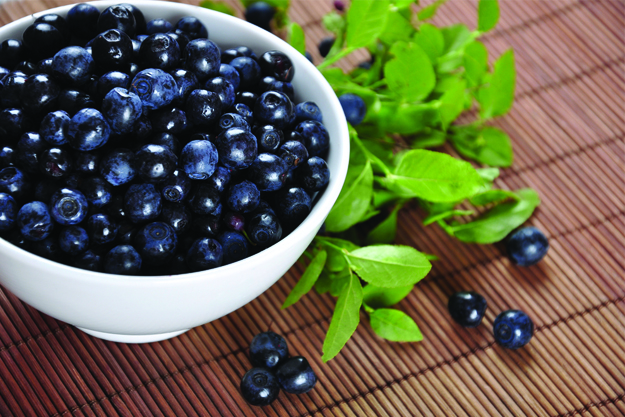
Strawberries, raspberries, blueberries and blackberries are loaded with flavor and health benefits. Research shows that berries have a positive impact on cardiovascular health by reducing the risk of heart attacks, lowering blood pressure and increasing levels of HDL (good) cholesterol.
Berries are packed with polyphenols that have antioxidant properties to neutralize free radicals, which prevent inflammation, and stops the kinds of cellular damage that lead to a number of diseases. Experts recommend eating 1 1/2 to 2 1/2 cups of raw berries each day.
3. range You Glad Citrus Tastes So Good?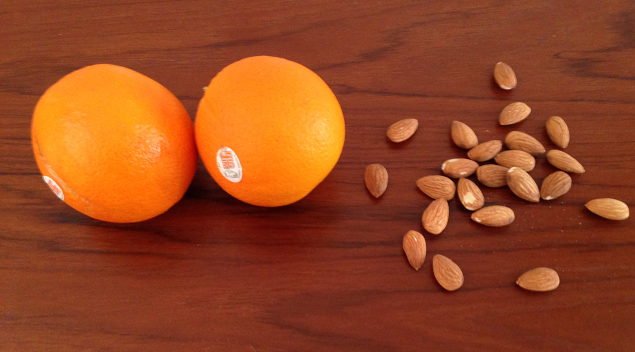
Oranges, grapefruit, cantaloupe and papaya are rich in beta-carotene, potassium, magnesium and fiber — all essentials for heart health. Consuming foods that are high in potassium can help lower blood pressure and reduce the risk of cardiovascular disease and stroke.
Citrus fruits, particularly oranges and grapefruit, may reduce the risk of ischemic stroke, according to the American Heart Association.
4. A Heart-y Breakfast
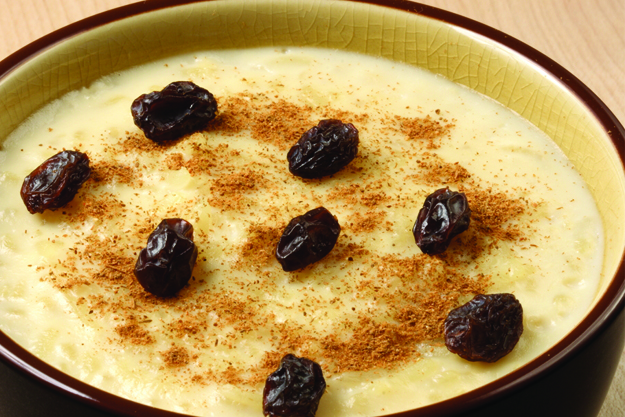
Oatmeal is high in soluble fiber, which can help lower cholesterol and helps you stay fuller longer — great for weight loss. By reducing the absorption of cholesterol into the bloodstream, soluble fiber lowers levels of LDL (bad) cholesterol.
A study published in the AHA journal Stroke found that eating more fiber may lower the risk of first-time stroke. Flavored oatmeal usually contains sugar, so reach for plain quick-cooking or old-fashioned oats instead.
5. Lean, Mean, Protein Machines
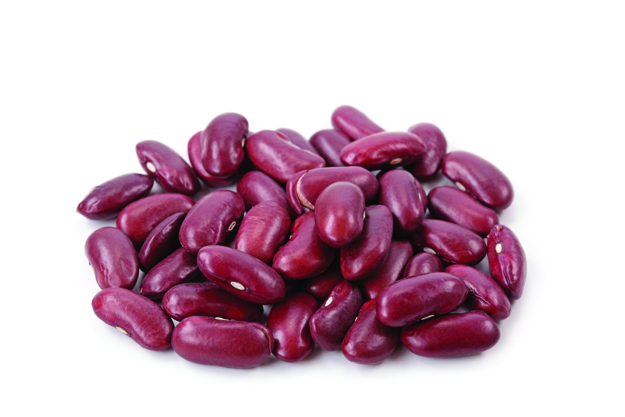
Don't let their small size fool you! Each bean and legume is a tiny nutritional dynamo packed with protein, omega-3 fatty acids, fiber and other health benefits. Because beans don't contain the saturated fat that is found in animal proteins, they are a healthier alternative to meat. Eating beans along with a heart-healthy diet may help improve blood cholesterol.
One study found that eating one serving of beans a day can lower cholesterol and heart disease risk by up to six percent. Choose from many types of beans and legumes — black beans, kidney beans, garbanzo beans (chickpeas), lima beans, lentils and more.
6. This Fat is Fine
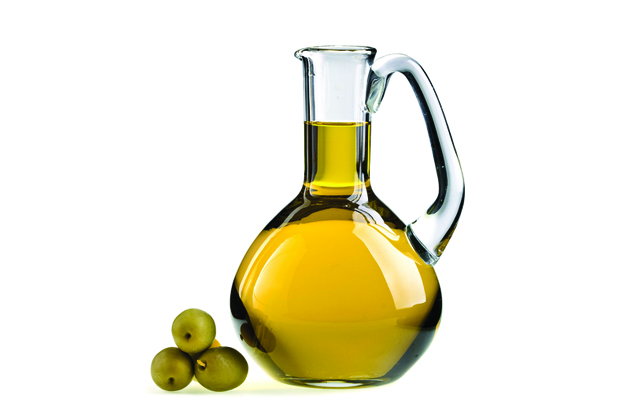
Olive oil is a heart healthy staple of the Mediterranean diet and contains monounsaturated or "good" fats. Unlike saturated fats, plant-based fats like olive oil don't raise blood cholesterol and can actually help lower LDL (bad) cholesterol levels, which can decrease the risk of heart disease and stroke.
Olive oil also contains omega-3 fatty acids, which help lower triglycerides, control blood pressure, decrease blood clotting and improve overall health of blood vessels.
7. Spears to You!
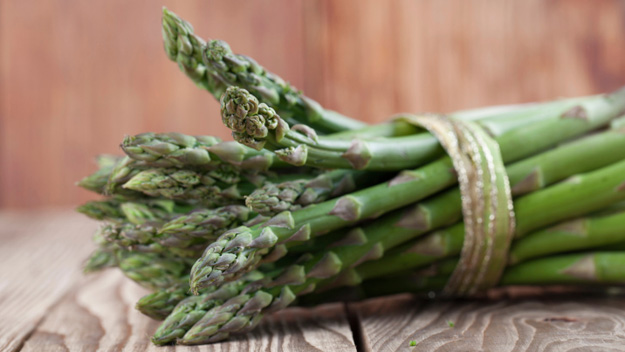
Asparagus is another nutrient powerhouse full of beta-carotene, folate, vitamin B6, calcium, zinc, magnesium and fiber. A sweet, tender and nutrient-rich food, asparagus only has 25 calories per cup, and five whopping calories per large spear.
Asparagus is one of the best natural sources of folate (a natural form of folic acid), which may have a protective effect on the risk of stroke.
8. The Time is Ripe
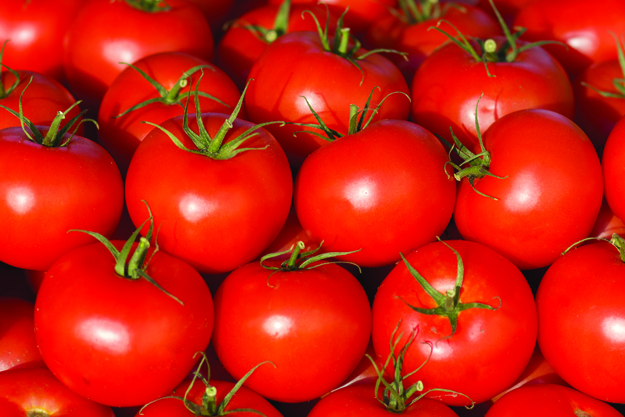
Tomatoes are everywhere in the American diet, and it's a good thing. They are one of the few foods that provide lycopene, a carotenoid with antioxidant properties that may lower the risk of stroke. Nutrient-rich tomatoes are also high in folate, potassium, vitamin C and E, and alpha- and beta-carotene.
Research shows that the combination of these nutrients may help lower LDL cholesterol and blood pressure, and prevent cardiovascular disease. Maximize their health benefits by cooking tomatoes, which increases their lycopene content.
9. Dark Magic
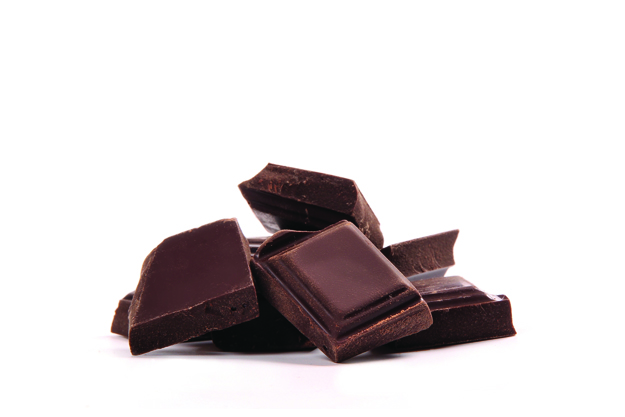
Next time a candy craving kicks in, reach for a dark chocolate bar (or try one of Happy's Heart's Decadent Chocolate Recipes) without the guilt! Darker chocolate (at least 70 percent cocoa) contains more flavonoids, a group of antioxidants that protect the body from free radicals, which can lead to heart disease. Flavonoids also help relax blood vessels and lower blood pressure to lower the risk of heart attack, hypertension and atherosclerosis (thickening of the arteries).
Feel free to enjoy about one ounce of dark chocolate — typically one or two squares from a bar — a few times a week.
10.The Raw and the Cooked
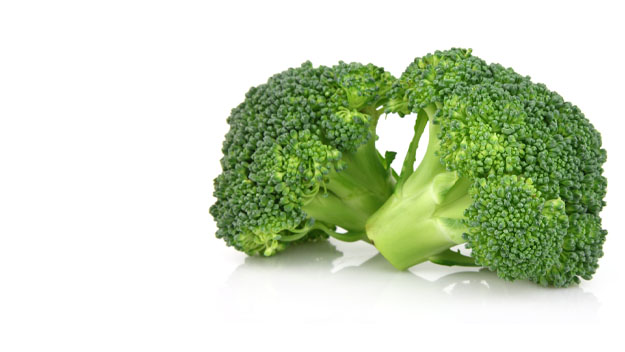
Broccoli is another vegetable on our list that may help prevent stroke and heart attack, according to research from the British Heart Foundation. Broccoli contains high levels of sulforaphone, which boosts the body's defense system to keep arteries unclogged and prevent heart attack and stroke.
Broccoli is also packed with vitamins C and E, potassium, folate, calcium and fiber — all which support heart and overall health.
11. To Your Health!
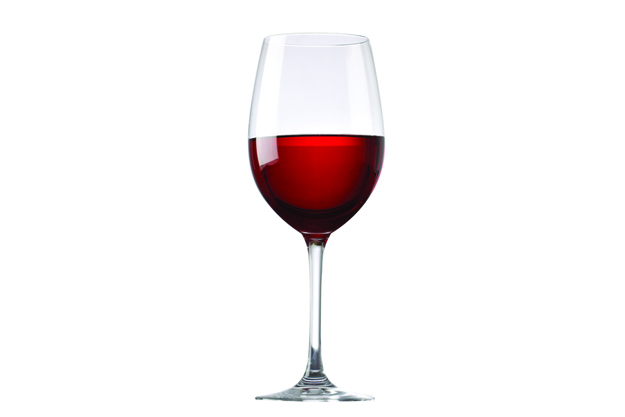
Red wine is another indulgence on our list of heart-healthy foods. Red wine has antioxidant properties that help reduce your systolic and diastolic blood pressure. Research shows that one 5-oz. glass of red wine (up to two for men and one for women per day) may reduce LDL cholesterol, prevent blood clots, and decrease the risk of heart attack and cardiovascular disease.
12. Cracking the Code
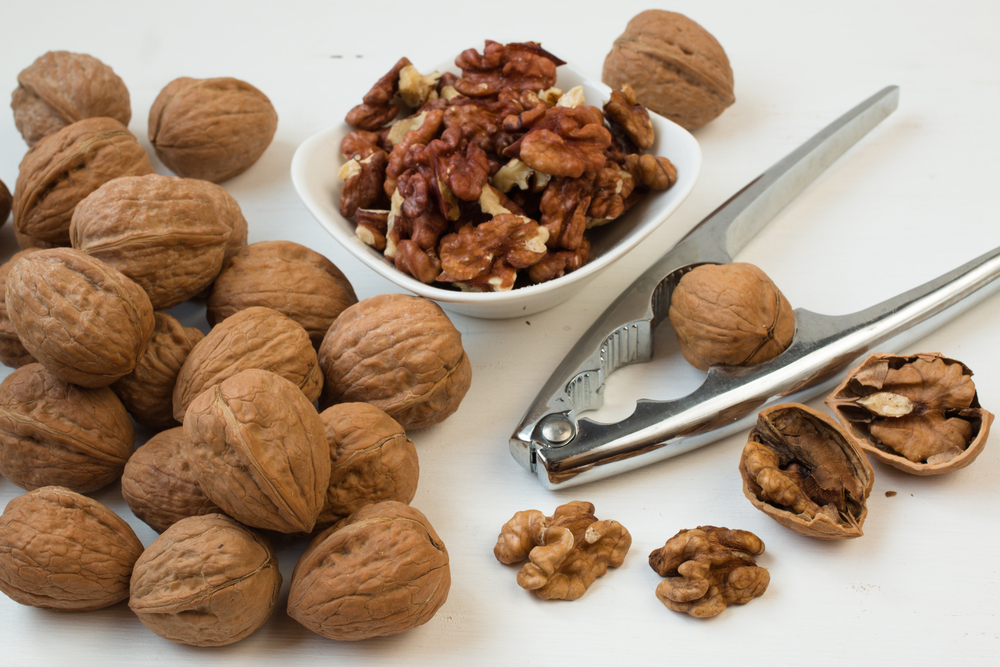
Rich in unsaturated fats and omega-3 fatty acids, walnuts make a great heart-healthy snack. They also contain high levels of arginine, folate, fiber, tannins and polyphenols. Including walnuts as part of a heart-healthy diet may help reduce blood cholesterol, keep blood vessels healthy, and decrease the risk of heart disease.
Above content provided by the CardioVascular Institute at Beth Israel Deaconess Medical Center. For advice about your medical care, consult your doctor.
